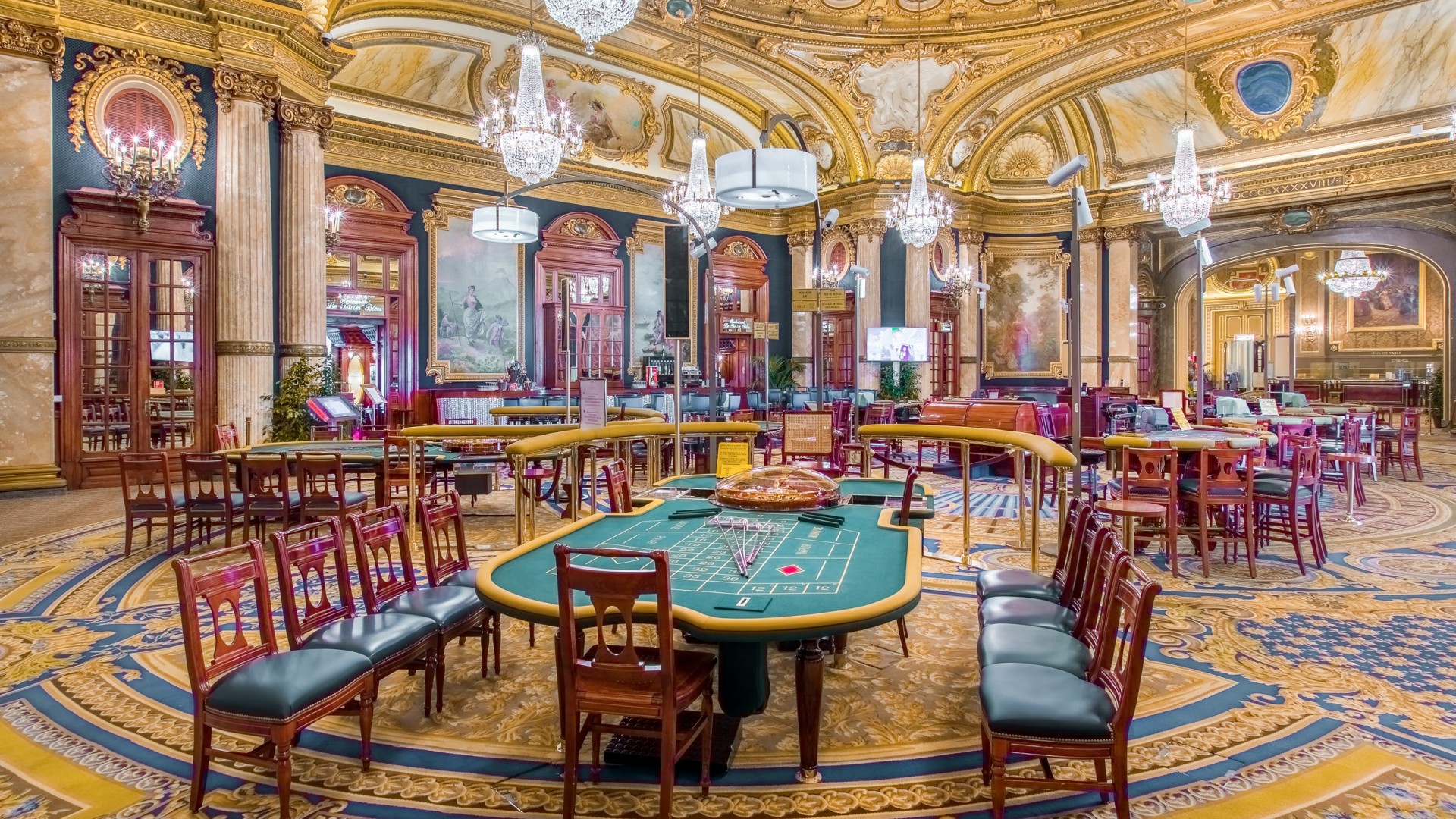
Gambling games have long captured the imagination of people around the globe, becoming an integral part of both fun and tradition. From the sparkling lights of Las Vegas to the captivating experience of virtual casinos, these activities evoke thrill, risk, and sometimes even a sense of nostalgia. They are not just simply pastimes; they have woven themselves into the texture of human experience, influencing everything from film and melodies to style and writing.
The appeal of casino games goes beyond the wagering aspect, tapping into larger themes of serendipity, chance, and psychology. As players gather around a poker table or rotate the wheel of fortune, they engage in an ancient ritual that echoes with our shared desire for excitement and uncertainty. This obsession has led to the emergence of many references in movies, tracks, and video games, showcasing how deeply entrenched these games are in pop culture. Whether it is the intense drama of a classic robbery film or the vibrant nightlife portrayed in videos, casino games have established a substantial place that reflects our relationship with risk.
Cultural Impact of Casino Activities
Gambling activities have played a pivotal role in social aspects throughout the ages. Originating from old civilizations, forms of chance were often connected to rituals or events. For instance, early iterations of gambling can be linked back to historic China and the Romans, where dice games and betting on outcomes were common pastimes. These games not only functioned as leisure but also as means of social interaction, facilitating connections among people within societies.
As cultures evolved, so did the complexity and organization of gambling games. The creation of official casinos in the 17th century, particularly in Italy, marked a significant shift in how games were perceived and organized. With specific spaces for gaming, the casino became a community center where people from various backgrounds convened. This change contributed to the legitimization of the industry, transforming it from a mere pastime into an organized industry that shaped the economy and policy.
The impact of gambling games on mainstream culture cannot be understated. As they were popularized in books and movies, games such as poker and blackjack became symbols of chance, chance, and strategy. Iconic figures and narratives have developed around these activities, illustrating societal attitudes towards fortune, wealth, and vice. This interest with casino activities has infiltrated various forms of media, cementing their place in the public imagination and linking them to broader cultural stories throughout the ages.
Depiction of Gambling Games in Entertainment
Casino games have long been a popular topic in various forms of media, reflecting both the thrill and complexities of the world of gambling. Films such as Ocean’s 11 and Casino Royal portray characters who navigate dangerous scenarios, showcasing not only the attractiveness of the gambling environment but also the tactics and judgments that come with playing popular games like poker and blackjack. These movies often dramatize the exhilaration of winning and the potential results of losing, encapsulating the risks involved in gambling.
TV programs have also explored the realm of casino games, often integrating them into the plot as a setting for story progression and conflict. Shows like Las Vegas depict the lives of casino workers and customers, highlighting the lively, often tumultuous energy of the gaming floor. Reality shows featuring intense gambling competitions further emphasize the attraction of casino games, drawing viewers into the excitement and planning involved in each round. Through these depictions, media not only amuses but also sparks conversations about luck, expertise, and the essence of randomness.
Gaming have increasingly integrated casino games into their design, allowing players to recreate the thrill of gambling without monetary loss. Titles within the landscape of digital gaming often include virtual slots, poker, and other popular casino games, creating an engaging environment that mirrors real-life gameplay. These virtual portrayals make casino games accessible to a broad demographic, appealing to both gamblers and those who enjoy the rush of virtual experiences. trang chủ 32win As a outcome, the portrayal of gambling activities in entertainment continues to shape societal views and cultural significance, highlighting their role in society and culture.
Effect of Gambling Activities on Society
Gambling activities have a significant effect on communities, affecting multiple facets of societal norms and social behavior. They often serve as a venue for community engagement, where people gather to experience a shared activity. Game nights with friends or visits to casinos become social activities that build connections and create shared moments. This collective aspect boosts the fun value of casino games, making them a popular choice for festivities and leisure activities.
Additionally, casino games have been portrayed in countless films, TV series, and literature, influencing views and opinions towards gambling and gaming. Icons like James Bond playing baccarat or the high-stakes poker scenes in films have cemented these games in the shared imagination. This representation often idealizes the culture associated with casino activities, drawing in new players and influencing trends in both fashion and conduct. These representations can spark curiosity and lead to a deeper investigation of the intricacies of gambling.
However, there are also adverse implications linked to the widespread appeal of casino games. The temptation of quick monetary gain can lead to gambling addiction and financial troubles for some people. Society must contend with these consequences, promoting responsible gaming and education of the risks involved. Finding a balance between the entertainment value of casino games with the risks is vital to ensure that they remain a positive aspect of our societal fabric.
